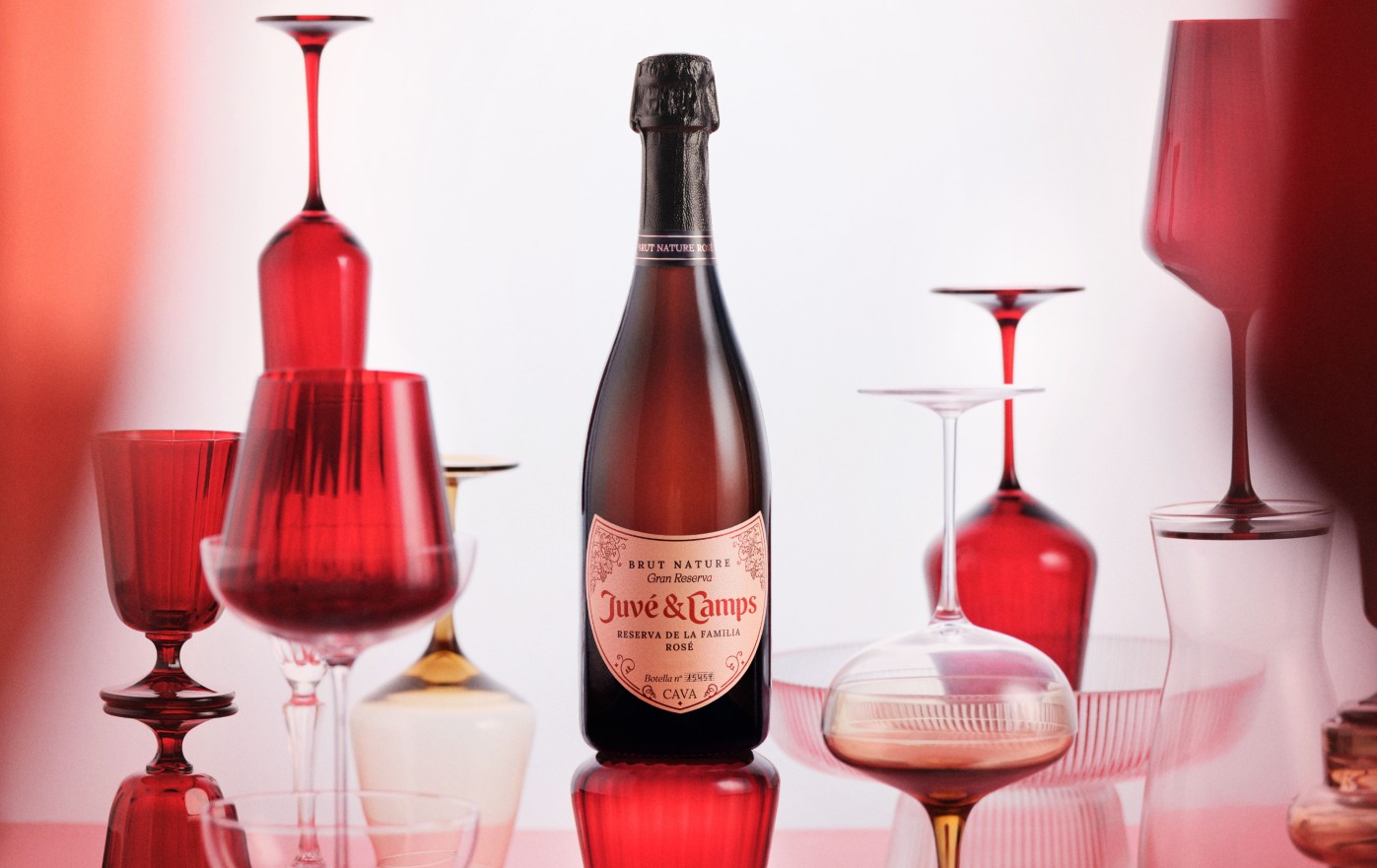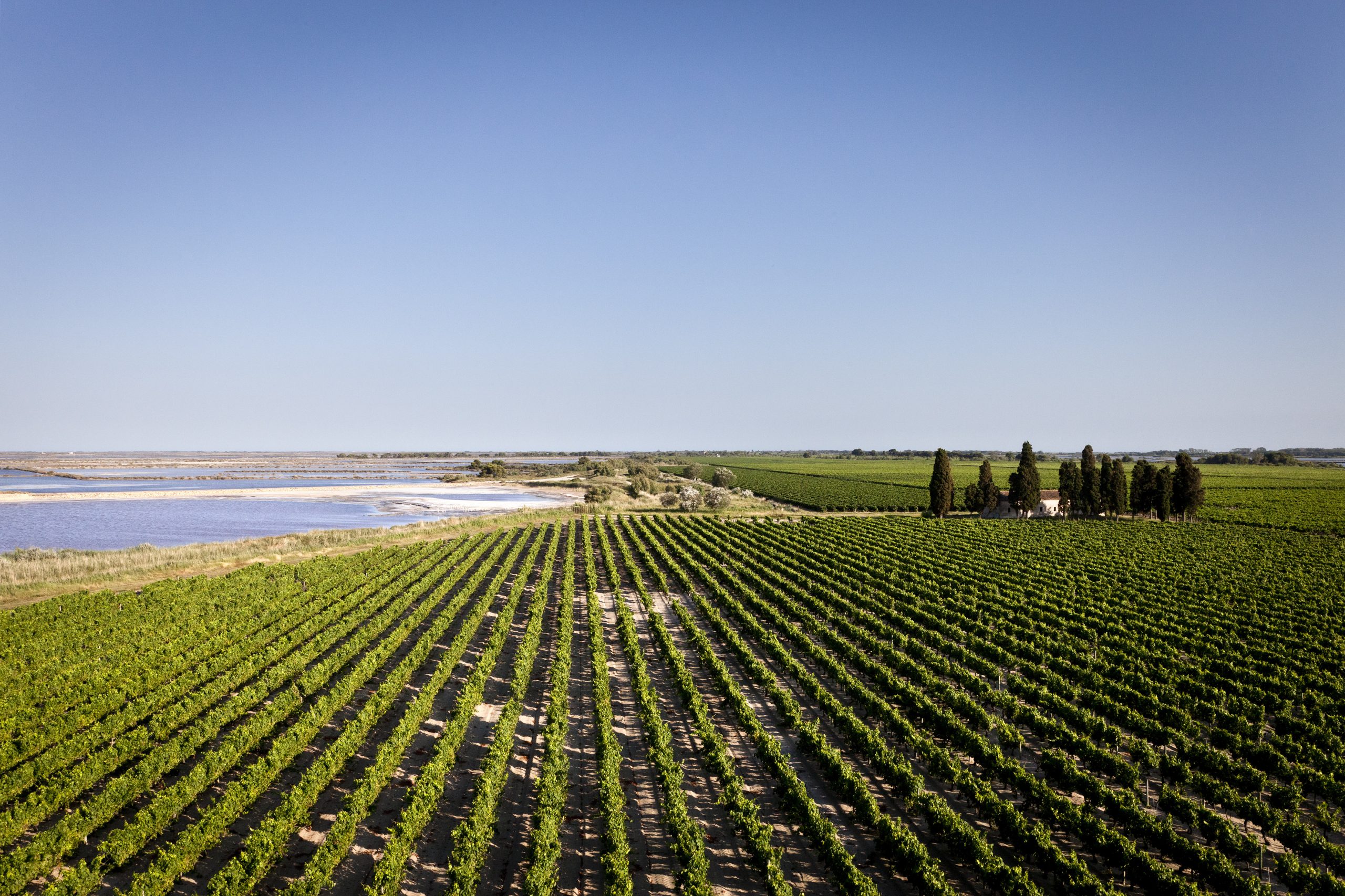Super somms: Gerard Basset and Ronan Sayburn
Ask any sommelier who their biggest inspiration in the world of wine is and two names come up time and time again.
The first is Gerard Basset OBE, MS, MW, MBA, OIV, MSc, who is, without question, the most respected and decorated sommelier in the world. Basset is held in Messiah-like regard by legions of sommeliers who look up to his knowledge and dogged determination to gain not only the Master Sommelier but also Master of Wine qualification, and also to his faultless modesty, charm and dedication in supporting the next generation. Not one to court attention, and currently battling terminal cancer of the oesophagus, Basset is a gentleman in the truest sense. Many a protégé has followed in his footsteps, among them Xavier Rousset MS, Dimitri Mesnard MS, Laurent Richet MS and Matthieu Longuère MS.
“I came from France but I wasn’t a sommelier when I arrived in the UK,” recalls Basset. “Because I was French they put me front of house and had me serving the wine, but I didn’t know much about it, so I began to learn. I did courses and went back to France to do a sommelier exam, then I did a competition in 1986. I didn’t want to but my boss suggested it. I reached the final and got hooked. I thought: ‘If I’m in the final now, maybe next time I could win.’ From then on my passion in life was to be a top sommelier and I was going to try to get as far as I could. I might not reach all my goals, but I had to aim high.”
Basset’s career began in earnest in 1988, when he became head sommelier at the Michelin-starred Chewton Glen in the New Forest, Hampshire. He earned his Master Sommelier qualification in 1989 and became an MW in 1998. In 1994 he co-founded the Hotel du Vin chain of restaurants – a hotbed for young sommelier talent – and in 2007 opened the renowned wine-focused TerraVina, a boutique luxury hotel in Hampshire, which has only recently been scaled back to a bed and breakfast (Spot in the Woods) to give Basset and his wife, Nina, more time to themselves. In 2010, he won the World Sommelier Championship, which was followed by an OBE in the 2011 Queen’s Birthday Honours.
Basset’s influence on a generation of sommeliers has been immense. So it’s fitting that the second sommelier profiled here, Ronan Sayburn MS, the director of wine at London’s 67 Pall Mall, credits Basset with giving him his first big break in wine, and has also built a reputation for supporting the next generation.
A Yorkshire lad, from Scarborough, Sayburn saw Basset’s face on the cover of a magazine as he was preparing to embark on a career as a chef. He contacted the sommelier, who put him in touch with the team at Le Manoir aux Quat’Saisons, where, in 1996, Sayburn was given his first break as a sommelier.
A bit of a novelty
“Ninety per cent of the front of house was Italian or French,” recalls Sayburn. “I was the only English sommelier. There weren’t any English sommeliers around at that time. My French head sommelier would talk to his friends and say ‘I have an English one’ and they would say ‘no, it can’t be true’! He would hold the phone up and I would say ‘hello’ and they would go: ‘It is true!’ So I was a bit of a novelty.”
Sayburn has since worked at some of London’s most revered restaurants, including Pied à Terre, The Greenhouse, Alain Ducasse at The Dorchester, 45 Park Lane and, as executive head sommelier of the Gordon Ramsay Group for eight years, Royal Hospital Road, Claridge’s, The Connaught, The Savoy, Boxwood Café and Maze, to name a few. Sayburn describes his time with Ramsay as a “rollercoaster”, opening dozens of restaurants worldwide while managing a team of 45 sommeliers, but that Ramsay had a soft side. “It was hard work and Gordon was very demanding, but in the early days he was kind of a big brother to all of us. We’d have chefs splitting up with girlfriends and he was always the big-brother figure, or helping people out with their rent. He gave me his Aston Martin one weekend to go visit my sister in the Lake District. He was a good guy.”
So what can two of the biggest figures in wine teach us about the evolving role of the sommelier, especially in London, which has become increasingly cut-throat as restaurants fight to turn a profit?
Intense competition
In the past year, intense competition and rising rents have forced many restaurants into administration, including Gaucho, Villandry and longstanding Soho haunt The Gay Hussar. Given London’s heavily tilted European workforce, a growing staff shortage because of Brexit is also a concern, especially when there remains a notable lack of UK sommeliers.
“In England people don’t always look at the catering industry as a long-term career, whereas on the continent, in Italy and France, they do,” says Sayburn. “That’s changing, with things like the MS and diploma, as it gives you a focus, but English sommeliers tend to work as a barman or waiter and then move into restaurant management. We have Dutch, Chinese, Spanish, French and Greek sommeliers – a large international and European staff. It’s a shame we can’t get more British sommeliers.”
Irrespective of ongoing commercial challenges, London remains one of the best cities in the world to work in wine, with the UK industry “the strongest it’s ever been”, according to Sayburn. “Until recently, we never made our own wine, so we had to buy it from everywhere. Cities like Paris are lovely, but you will only get French wines there. In London you have everything, which makes it an exciting place to work.”
What does it take to make it as a sommelier in London? A good knowledge of wine, of course, but also a head for numbers and commercial acumen, says Basset. “You need to know how to sell, and be good with Excel spreadsheets,” he says. “You need to have a commercial mind, and buy wine that will sell well at the right price. Sometimes sommeliers are either too commercial or not at all. Sommeliers need to understand what their guests want and not impose their tastes, or their idea of what the customer should spend, upon them.”
Exemplifying this unbecoming habit, Basset notes the need for sommeliers to be aware of wine trends, even if they are of a strange hue. “Georgian wines and orange wines are very trendy now, and I have also seen news of a blue wine. I wouldn’t rush to have one, but if more guests were asking you for a blue wine, you might start to think there was an opportunity there. If they want blue wine, I give them blue wine. You don’t open a restaurant for yourself; it’s to make money, and that’s based around making your guests happy and giving them a good experience. If you lecture them and say that wine shouldn’t be blue then they won’t come back – I’m not there to judge.”
Snooty sommeliers
Does the stereotype of the snobby sommelier still exist? Basset is frank: “It has changed, but with any profession you get nice people and stupid people. When you meet a snooty sommelier, and they do exist, it’s a shame because most people who become sommeliers are passionate about wine. Sometimes the problem is that they are too passionate about wine, and they think more about the product than the people.” Likewise, Sayburn is clear on the need to be able to impart wisdom in a way that is not patronising or condescending. “It’s about accruing knowledge but delivering it in a positive way. You hear about extremely rude sommeliers that have a vast knowledge and think that they are great at their job, but have no customer skills. It’s like having an amazing sports car with no tyres.”
Removing the snobbery around wine is something that 67 Pall Mall, despite its illustrious setting and high-end list, has sought to do from the start. It is filmmaker Ridley Scott that members have to thank for its policy of allowing “smart jeans”. Sayburn says Scott insisted the club allow denim in its premises, or he wouldn’t join. Today, the club, founded by ex-banker Grant Ashton, has 3,000 members and a 5,000-strong wine list that is set to grow. It’s the kind of place where you can order a burger with a glass of 1964 Latour or £7 Croatian Malvasia, and there are no prizes for sommeliers who get a member to trade up. “People have this perception that sommeliers work on commission and are trying to upsell,” laments Sayburn. “I have never known them to work on commission. There is no agenda.”
Partner Content
Keeping margins fair is also key at 67 Pall Mall. Taking a 1989 Haut Brion as an example, Sayburn posits that he might buy it in for around £1,000 plus tax, and sell it for £1,450, taking a 20% margin. “Most restaurants would add 75% as standard and sell it for £4,000,” he says. “We add tax then 20%, so that’s £1,450. Working on that model is the whole principal of this place. There’s only so much fine wine made in the world every year and that stock gets replaced every year. It sits in caves and waits for a special occasion. We wanted to have a place that was well priced where people could drink good quality wines on a regular basis.”
Attention to detail
On the floor, attention to detail is also paramount, adds Basset, recalling an encounter at a hotel in Beaminster where he asked for a bottle of village Mersault, only to be presented with a more expensive premier cru. “Before I could say anything the sommelier said: ‘I’m terribly sorry, the Mersault you ordered is out but we will give you this one at that same price.’ The wine tasted better because we were getting a bargain and it was dealt with very professionally. If you don’t have a particular wine, offer a better one that’s a bit more expensive at the same price. It’s a little thing but it makes a big difference.”
Many sommeliers have moved through the ranks at Hotel du Vin, which was founded by Basset with his business partner Robin Hutson, who had worked with Basset at Chewton Glen as its managing director. In 2004 the pair sold the chain to their closest rivals, the hotel group Malmaison. Both brands are now owned by Frasers Hospitality, which bought the group for £363m in 2015. But Hotel du Vin’s reputation for turning out top sommeliers remains. Asked what made Hotel du Vin such a successful training ground, Basset says he was never afraid to delegate power.
“If I discovered a wine I would say to my sommelier: ‘This wine is fantastic, it should be on our list.’ But of the 600-800 wines on a list, 90% was chosen by the sommelier, who was given budgets and guidelines. I didn’t want to see 90% Californian wines, but if you like Californian wines you could have more on the list than Australian, for example, and that motivated them. If you say to a chef ‘this is what you are going to cook’ you are not going to have a good chef. If you let them express themselves then they will do it better because it’s their own recipe. It’s the same with a sommelier.”
Talking about which restaurants in London today offer a similar springboard for budding sommeliers, Basset singles out 67 Pall Mall. The club has a team of 29, including 17 sommeliers, led by Sayburn, and routinely offers WSET and Court of Master Sommelier courses, as well as incentive trips, while also encouraging staff to enter competitions. “The people that want to work here are ambitious and motivated,” says Sayburn. “If they want to do competitions or exams we do training sessions. So they know that they are getting a lot of education, support and encouragement. We have a lot of good sommeliers, a lot of the wine trade come here, as well as journalists, so for a young sommelier, working at 67 Pall Mall is fantastic.”
Wine education
Both Master Sommeliers themselves, it would be easy for Basset and Sayburn to extol the virtues of wine education, and implore ambitious sommeliers to take up their MS exams. While both agree that passing the examination was a career highlight, neither believe such a qualification is essential.
“There are 249 Master Sommeliers in the world, so when you pass it’s an incredible feeling,” says Sayburn. “It gives people a focus and something to aim for. Whether they pass or not, the action of taking these exams and concentrating on tasting makes people better sommeliers, but it’s not something you do so you can get a better job or reputation.”
Basset cautions against jumping into such a qualification. “Only do it if you are prepared to put in the time, otherwise it’s a waste of your time and money, or that of the employer that pays for it.
“Be honest with yourself. Are you going to spend a lot of time revising outside of work, spend your holidays in vineyards, taste a lot of wine and go to trade tastings? If you would prefer to spend time with your boyfriend or girlfriend I respect that, but don’t put yourself forward for an exam like this because you are not going to succeed. These exams are worthwhile, but they are not the answer to everything and it doesn’t mean you know everything.”
Instead, Basset offers a more practical piece of advice: “Read a book about selling technique. Understand that your job is to sell, which can be interpreted as old fashioned, like a man trying to sell second-hand cars. But if you don’t sell in a restaurant you won’t have a job. There’s nothing wrong with selling if it’s done well.”
Given the increasing influence of social media and the internet, this skill is all the more important. “Now people understand and know about wines and can very quickly take a picture of the bottle and know how much it’s is in the shop next door.
“When I started it was completely different. People had no clue about the price of a wine because there was no internet and no way to find out. The sommelier needs to be aware of that. Social media also means a lot of pictures of the restaurant, the wine and the glasses. It’s very transparent.”
The role of the sommelier is not without its challenges, but London remains one of the best places in the world to carve out a career in wine. “It’s a great industry,” concludes Sayburn. “It involves long hours and hard work, but it’s very rewarding. I travel all over the world, I get to drink great wines and eat great food in social circumstances. What’s not to like?”




